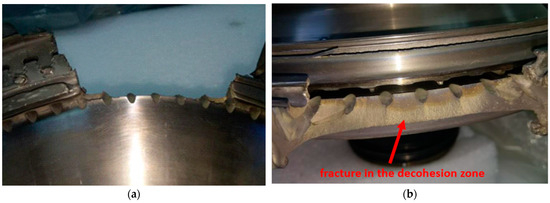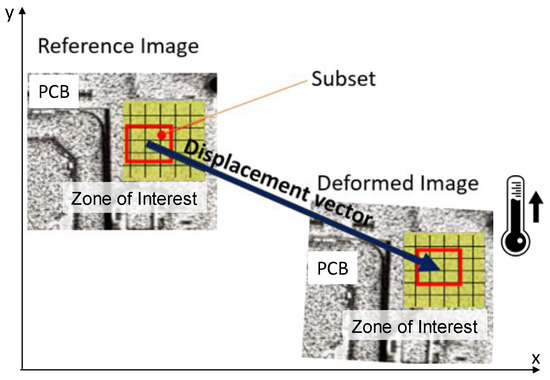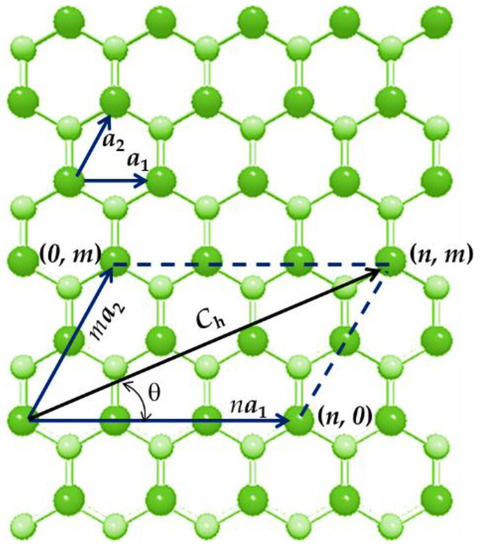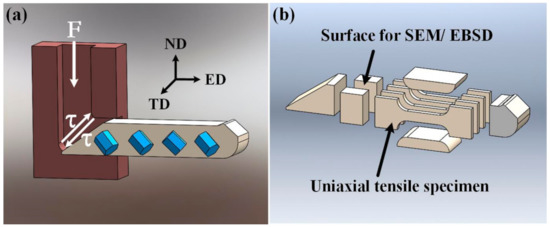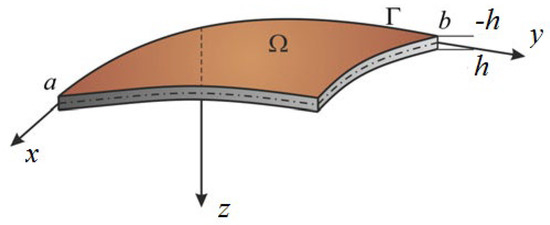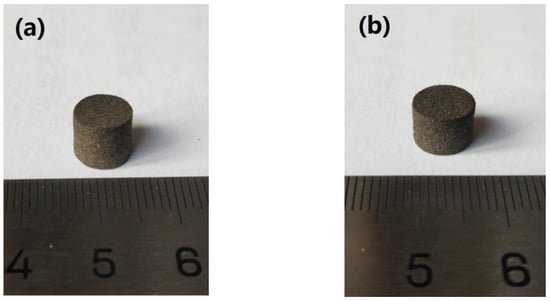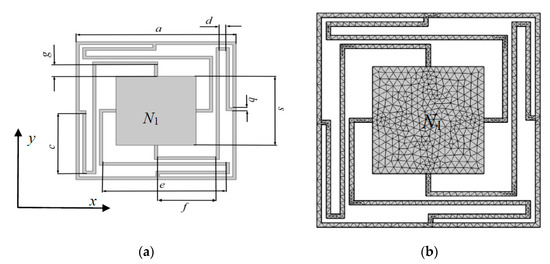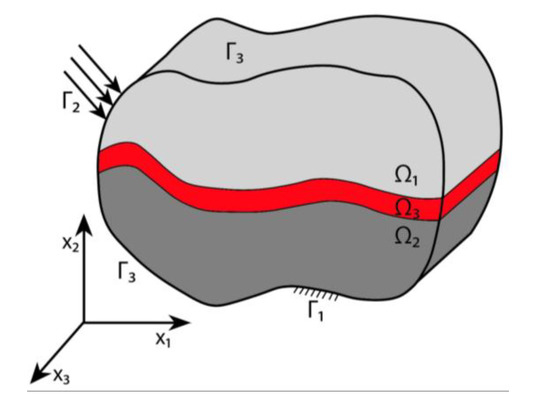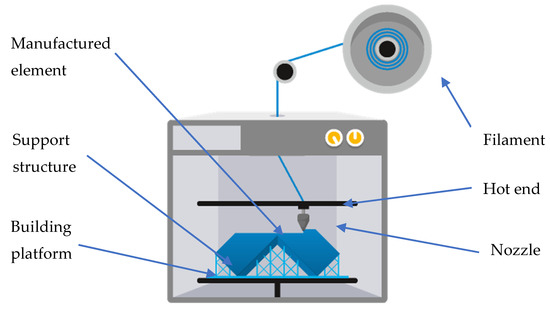Materials Investigations in Mechanical Systems
A topical collection in Materials (ISSN 1996-1944). This collection belongs to the section "Materials Physics".
Viewed by 29382Editors
Interests: nonlinear dynamics; non-linear mechanics; control; biomechanics; mechatronics
Special Issues, Collections and Topics in MDPI journals
2. Department of Measurements and Optical Electronics, Faculty of Electronics, Telecommunications, and Information Technology, Polytechnic University of Timisoara, Timișoara, Romania
3. Center of Research and Development for Mechatronics, National University of Science and Technology POLITEHNICA, Bucharest, Romania
Interests: biomaterials; biomedical imaging; optical coherence tomography (OCT); biomechanics; dental medicine
Special Issues, Collections and Topics in MDPI journals
Topical Collection Information
Dear Colleagues,
Material studies play an essential role in all fields of mechanical and mechatronic engineering. They are performed with a wide range of methods, including analytical, numerical and experimental investigation and control. The aim of this Topical Collection is to provide a forum for high-impact researches performed in material studies considering most diverse applications that include but are not limited to mechanical engineerning, airplane and rocket industries, land and water transport, sensors modelling and fabrication, mechatronics, and robotics.
Of special interest are applications related to the strength of materials (with approaches that include finite element analysis (FEA)), and the characterization of mechanical parameters (the latter include nonmechanical methods, for example, optical methods). Development and testing of systems for performing material studies are also encouraged. Optimization problems based on such approaches are especially sought.
The core interest of this SI relies on modelling, computation, and experimental investigation of engineering materials, with an emphasis on the mechanical static and dynamic characterization of their properties. The covered topics include metallic materials, composite materials, fibres, micro-/nano-scale martials, optical and magnetic materials, as well as materials used in biomechanics.
Articles promoting modern materials modelling and design based on the theoretical progress of both mechanics and material science offering modern avenues of application and technology are welcome.
Prof. Dr. Jan Awrejcewicz
Prof. Dr. Virgil-Florin Duma
Collection Editors
Manuscript Submission Information
Manuscripts should be submitted online at www.mdpi.com by registering and logging in to this website. Once you are registered, click here to go to the submission form. Manuscripts can be submitted until the deadline. All submissions that pass pre-check are peer-reviewed. Accepted papers will be published continuously in the journal (as soon as accepted) and will be listed together on the collection website. Research articles, review articles as well as short communications are invited. For planned papers, a title and short abstract (about 100 words) can be sent to the Editorial Office for announcement on this website.
Submitted manuscripts should not have been published previously, nor be under consideration for publication elsewhere (except conference proceedings papers). All manuscripts are thoroughly refereed through a single-blind peer-review process. A guide for authors and other relevant information for submission of manuscripts is available on the Instructions for Authors page. Materials is an international peer-reviewed open access semimonthly journal published by MDPI.
Please visit the Instructions for Authors page before submitting a manuscript. The Article Processing Charge (APC) for publication in this open access journal is 2600 CHF (Swiss Francs). Submitted papers should be well formatted and use good English. Authors may use MDPI's English editing service prior to publication or during author revisions.
Keywords
- Materials studies
- Strength of materials
- Finite element analysis (FEA)
- Mechanical engineering
- Numerical simulations
- Experimental studies
- Imaging techniques
- Modeling of advanced materials.







